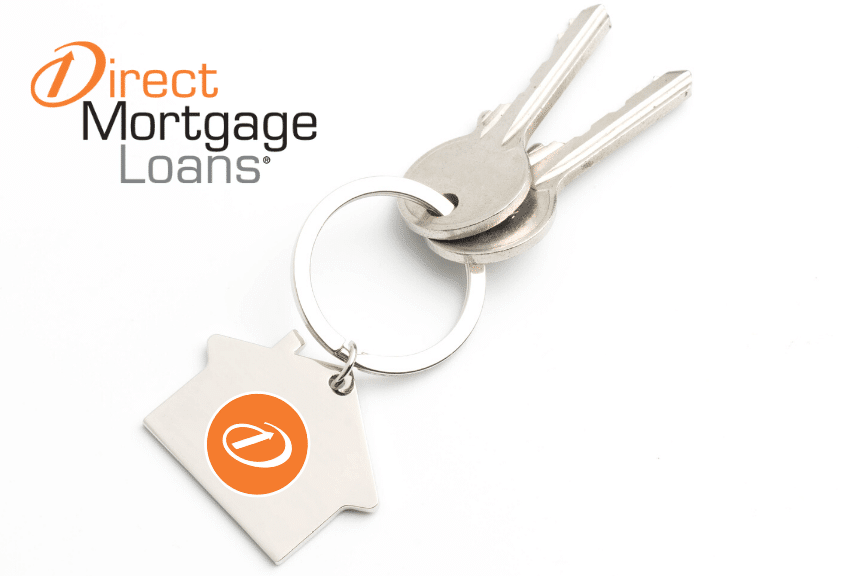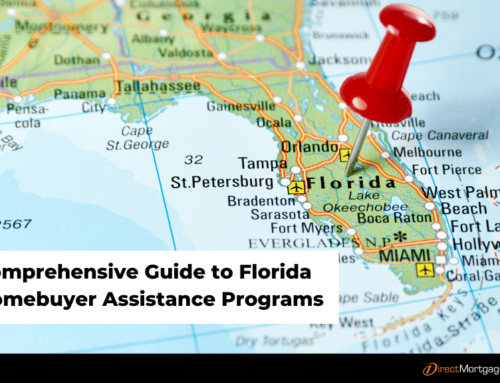If you’re about to close on a new home, congratulations! Your hard work has paid off in this competitive real estate market and you’re one step closer to homeownership. Between now and your closing day, there are a lot of moving pieces that will be coordinated – your home inspection, appraisal, updating loan documents, and more. Continue reading as we prepare you for closing day.
What is closing and when does it happen?
Closing is the final step in the home buying process; it’s when you finally take ownership of the house! During the contract negotiation phase, you (the buyer), and the seller, set a closing date that is outlined on the purchase agreement contract. After the seller accepts your offer and earnest money deposit (form of security deposit), it’s time to prepare for closing day!
How to prepare for closing day?
When your real estate agent submitted your offer for the house, any closing contingencies (conditions in the contract that must be met before the home transaction becomes legally binding) were outlined. These contingencies may include home inspection, appraisal, loan documents, homeowner’s insurance, and a final walk-through. Leading up to closing day, each of the contingencies will be addressed by your team of real estate advisers (your agent, loan officer, title company, etc.). Anything that you will need to address yourself will be outlined for you by one of the advisers.
How long does it take to close on a house?
According to Ellie Mae, the average closing process takes 42 days (July 2019). While you might wonder why it takes so long to reach the closing table, remember there are many pieces to the process that need to be perfectly aligned such as a home appraisal, loan documents, home inspection, and more. At Direct Mortgage Loans, we have a streamlined process that will keep you on track for the closing date outlined in your purchase agreement contract.
Problems that could delay your closing
Hold tight! While you may have found the house you want to make your home, you’ll want to prepare yourself for any potential problems that may delay the opportunity to close on the house.
-
Appraisal Problems
- Your loan officer will order an appraisal as part of the home mortgage process. An appraisal is conducted by a licensed appraiser that uses comparable home sales to calculate a home’s value. If the appraisal comes in lower than the purchase price, your lender cannot approve the loan. At this point, you have options:
- Ask the seller to lower their asking price.
- Challenge the appraisal or request a new one if it contains incorrect information.
- Cancel the contract.
- Your loan officer will order an appraisal as part of the home mortgage process. An appraisal is conducted by a licensed appraiser that uses comparable home sales to calculate a home’s value. If the appraisal comes in lower than the purchase price, your lender cannot approve the loan. At this point, you have options:
-
Loan Problems
- Too many home buyers fall in love with a house before knowing if they can comfortably afford the mortgage. Don’t make this mistake! Contact our team to be pre-approved so you shop with confidence within your comfortable price range.
-
Home Inspection
- Whenever you submit an offer on a house, it is highly recommended to include a home inspection in your purchase agreement contract. The home inspector thoroughly scrutinizes the property for defects that may weaken the home’s structure. Some are minor issues that can be resolved through further negotiations with the seller. However, some issues, such as insect or water damage, foundation problems, or major electrical/plumbing problems are defects you do not want to ignore. Correcting and replacing these items can be expensive. As much as you love the home, you may want to consider the complications. Be sure to discuss your options with your real estate agent. You may be able to negotiate the terms of your purchase agreement.
-
Walk-Through Problems
-
- Final walk-through is typically scheduled on the day of closing but can also be scheduled 24 hours in advance. At this time, you and your real estate agent will review the house to ensure it is in the same condition that was agreed upon when you first submitted your offer. If you find something that has been damaged, or you notice the seller removed something that was supposed to stay, a closing delay could occur.
How much does it cost to close on a house?
You’ll pay approximately 3-4% of the home’s purchase price in closing fees. These fees include all third-party fees incurred during the home buying process (home inspection, homeowner’s insurance premium, appraisal fee, credit report charges, attorney fees, etc.), which will be itemized on your Loan Estimate and Closing Disclosure. Be mindful that you’ll need to pay your earnest money deposit and appraisal fee before closing day.
Be Prepared for Closing Costs
Your Closing Disclosure will be emailed to you 3 business days before settlement. This document will outline all final terms of your loan and will itemize closing costs as well as the details of who pays and receives money at the closing table. It is IMPERATIVE that you review this document thoroughly – compare it to your Loan Estimate, sign, and return in a timely manner. If anything has changed, contact your loan officer to understand why.
What do I need to bring on closing day?
To ensure a smooth closing, bring the following items to closing:
- Driver’s License/Photo ID
- Personal checkbook and/or Certified/Cashier’s check in case any numbers slightly change. While this is rare, it is not unheard of.
Between packing, arranging for movers, and everything else happening in your life, we understand that these items may be overlooked. Don’t worry! We’ll remind you leading up to closing.
What happens on closing day?
Closing is the day you officially become legal owners of the home. On this day, you’ll bring everything you need (see list above) and will sign your name… a lot! Expect to be at the settlement table for 45 minutes to 1 hour. You’ll work through the following in that time period:
- Paying any remaining closing costs as listed in your Closing Disclosure.
- The seller will sign documents transferring the property’s ownership. In some cases, this may happen beforehand.
- You will sign the following:
- Settlement Statement outlining all costs related to the home sale.
- Mortgage note stating your promise to repay the loan.
- Mortgage or Deed of Trust securing the mortgage note.
- The title company will register the deed in your name.
Where does closing take place and who attends?
Your closing will most likely take place at the office of your title company. It’s on closing day that they will legally secure your ownership of the home. Generally, you will attend closing with your agent, title company representative/attorney, the seller and the seller’s agent. If the seller(s) pre-signed the deed and transfer documents, they most likely will not attend.
While we know there are a lot of steps leading to homeownership, know you are not alone! You have a team supporting you throughout the process – your agent and loan officer. Once you start the process to homeownership, you’ll be equipped with a team that will help you close on your dream home with confidence!





